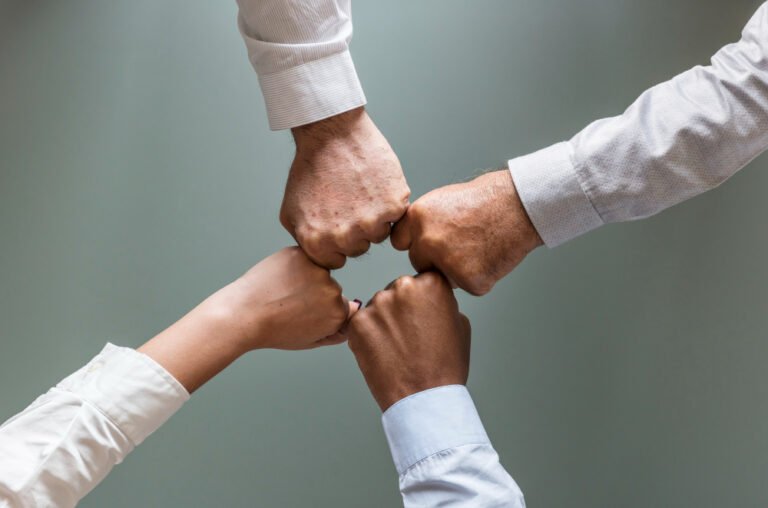- it is a relationship to be built; with oneself, then with others. Reason is not enough, you also need the heart.
- A perpetual weaving of warm neighbourly relations based on human values and the creativity of each other to overcome difficulties, clashes and their own frustrations.
- A perpetual weaving of warm neighbourly relations based on human values and the creativity of each other to overcome difficulties, clashes and their own frustrations.
- Based as much on the expression of the heart as on reason. It is through human warmth that violence can be transcended.
- If violence seems omnipresent, then the fields of peace are also omnipresent. It is up to us to cultivate them.



 Français
Français









